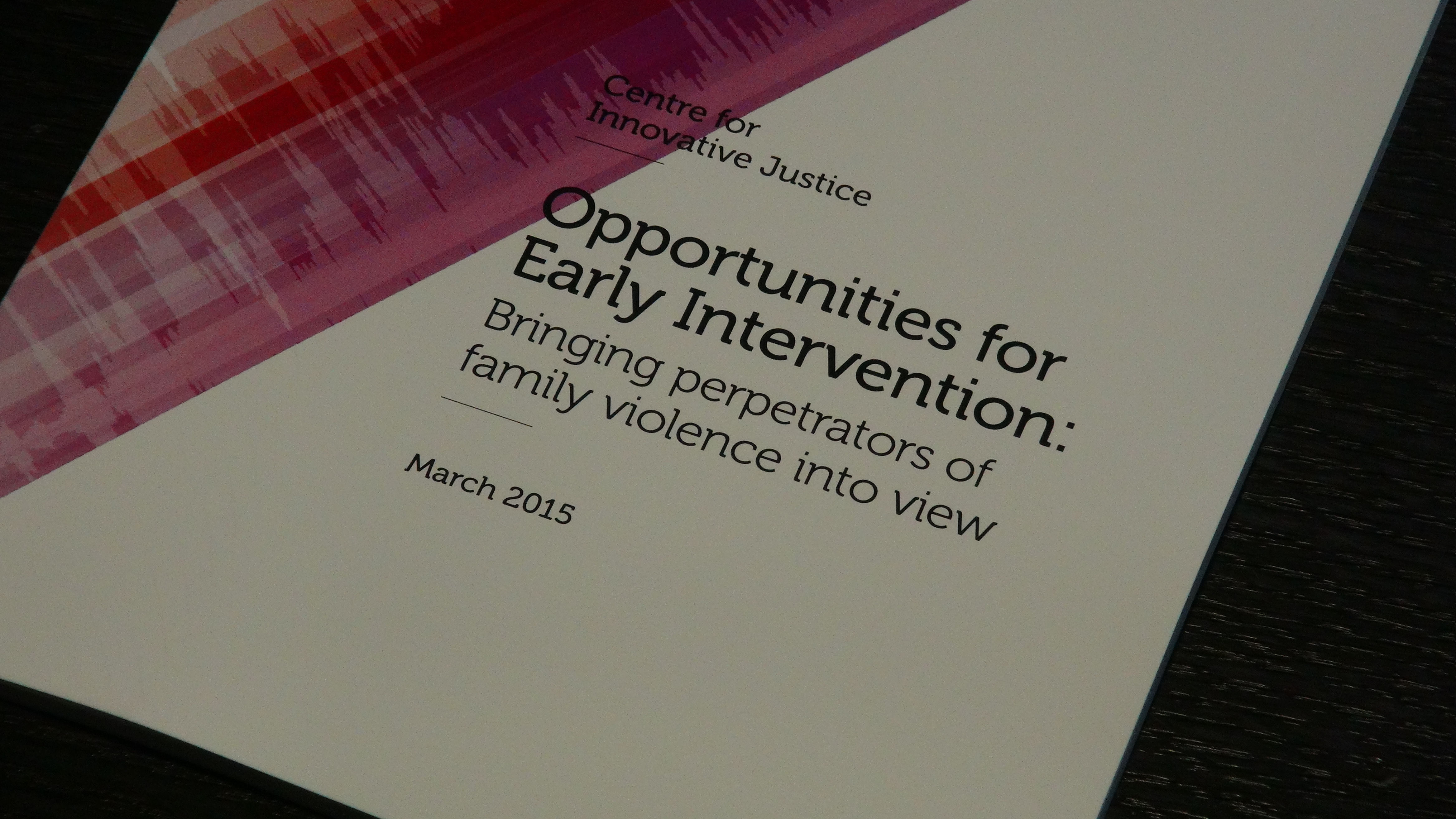by Ellijahna Victoria | @EllijahnaVic
Perpetrators of family violence will now be the focus of family violence cases – not victims – if recommendations from a major legal report by RMIT University are adopted.
The ‘Opportunities for early intervention: bringing perpetrators of family violence into view report’, launched on Thursday by Australian of the Year and anti-domestic violence campaigner, Rosie Batty, seeks to make offenders more visible.
Ms Batty said a shift in focus from victims of violence to offenders is needed.
“I’m thrilled to see a report that places the perpetrator into focus,” she said. “Currently we victim blame, and somehow the perpetrator goes under the radar. They’re allowed to control and dominate the system.”
A victim of family violence herself, Ms Batty said the journey for a victim is “harrowing”.
“You work hard to be even believed and in most cases, unless you have the physical bruises, your violence—whether it be control, financial, psychological, sexual, or hard to prove or give evidence—and somehow, they’re not perceived as dangerous,” she said.
Adjunct Professor Rob Hulls, Director of the Centre for Innovative Justice, said family violence was an “epidemic” and it was time to intervene earlier to turn the spotlight on perpetrators of family violence.
“Until we intervene at the source of the problem, the cycle of this violence will simply roll on,” he said.
Family violence is the most significant contributor to death, disability, or illness in women aged 15 to 44, with at least one woman killed per week by a partner or ex-partner.
Mr Hulls said the recommendations didn’t seek for a tougher criminal justice response but rather push the justice system into being more proactive in the rehabilitation of offenders.
“A ‘lock ‘em up and throw away the key’ approach is may seem like accountability but, ultimately, abdicates our collective responsibility to address the violence.”
Other recommendations included flash incarcerations for those who break intervention orders, “one judge, one family” schemes for court cases, where a family is brought back before the same judge for all matters, and men’s behavioural change programs.
Victorian Legal Aid has welcomed the report, stating it recognised lawyers were pivotal in “making sure perpetrators understand their behaviour is unlawful, that they must comply with intervention orders and in referring them to services such as behavioural change, mental health or addiction programs”.
Family violence has received a lot of attention from governments over a number of years but Ms Batty said it wasn’t “good enough”.
“We still ask the question why doesn’t she leave. When you do choose to leave, you are at the greatest risk of being killed.”
“They’re the ones who are committing the violence, they’re the ones coercing the victim and they have to be held responsible, through a much more proactive justice system,” Mr Hulls said.


